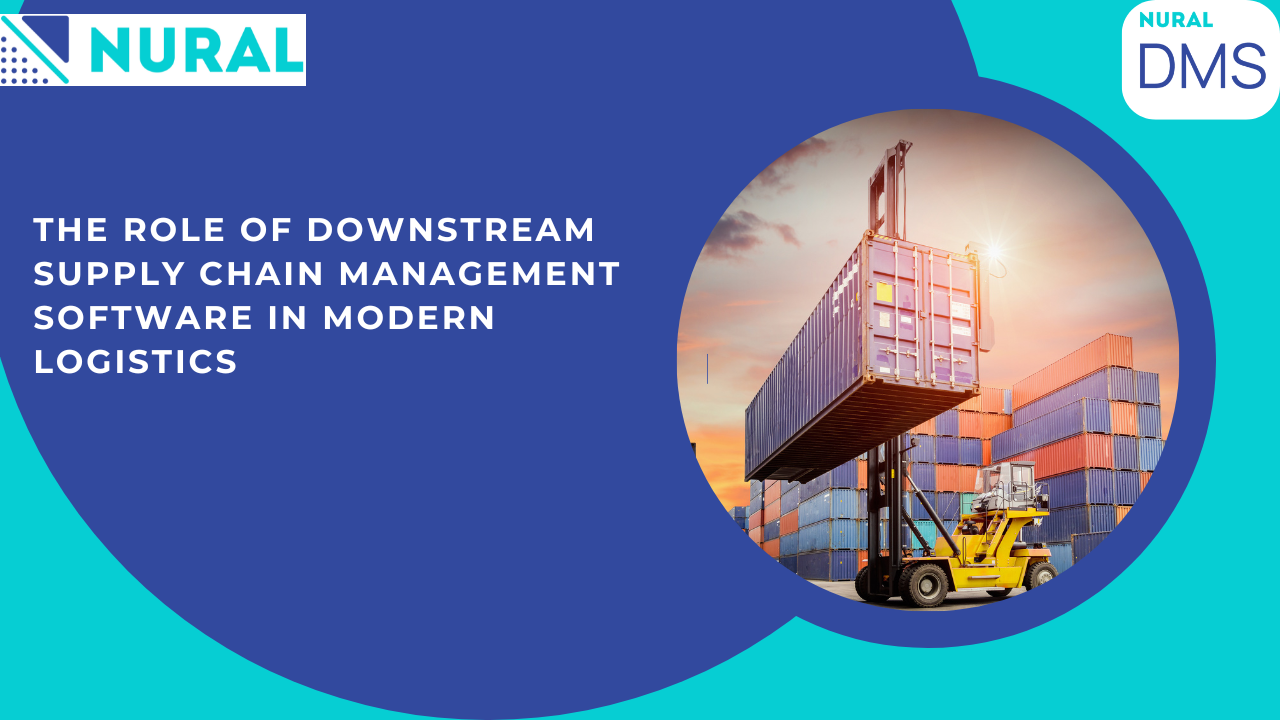
Key Takeaways:
- Gain real-time visibility into secondary and tertiary sales to reduce stockouts and excess inventory.
- Automate data collection from distributors and retail points to enable faster decision-making.
- Companies using supply chain management software in India can align distributor performance with sales goals and improve profitability.
If you’re leading a growing business today, you know that downstream supply chain management isn’t just about shipping products from warehouses to retailers. It’s about timing. It’s about visibility. And it’s about keeping every part of the chain aligned. The real challenge is ensuring products reach the right place and at the right time. Also, it shouldn’t drain your profits or damage your reputation.
The Pain Point: Lack of Visibility into Secondary and Tertiary Sales
One of the biggest challenges businesses face is the lack of visibility once products leave the primary warehouse. Many companies track shipments up to distributors but lose sight of what happens next. Are retailers stocking your products properly? Are promotions being executed in every outlet? Are end customers able to find your products when they want them?
This is where supply chain management software becomes essential. It provides real-time insights into secondary and tertiary sales, bridging the gap between warehouses, distributors, and retailers. Without this visibility, businesses end up with two serious problems: stockouts and excess inventory. On one hand, you lose sales when products aren’t available. On the other, your working capital gets stuck in warehouses because inventory isn’t moving. Both situations hit profitability and damage brand reach.
The Solution: Downstream Supply Chain Management Software
This is where downstream supply chain management software makes all the difference. It brings manufacturers, distributors, retailers, and even field sales teams onto the same page. No more waiting around for delayed reports. You get live updates on what’s selling, where it’s selling, and how your promotions are actually performing.
The software takes care of data collection from distributors and retail points, so you always work with one clear source of truth. That means no more second-guessing if sales targets are on track. You can spot gaps right away, move inventory where it’s needed, and keep shelves stocked without disruption.
A Real-World Example
Consider the FMCG industry in India. Many companies have thousands of SKUs across multiple cities. A global food brand recently struggled with inconsistent secondary sales data from distributors. They implemented a downstream supply chain management system in India that integrated directly with retailer billing. Within three months, the company reduced stockouts by nearly 20% and aligned distributor performance with sales goals. The result was not just higher sales but also more trust from retail partners.
The Takeaway for Executives
Unsold inventory isn’t just stock on a shelf—it’s money tied up and not working for your business. With downstream supply chain software, you get the visibility and control to match supply with demand, run smarter promotions, and build stronger ties with your distributors and retailers.
In today’s logistics, the value of this software is simple. It turns guesswork into clear, actionable insights. If you’re still relying on scattered reports and reacting after the damage is done, it may be time to rethink your approach.
See how the right supply chain management software can transform your logistics strategy. With solutions like Nural DMS, you get visibility. Also, you get the tools to manage distributors, track sales, and keep your entire downstream supply chain aligned.
We’d Love To Hear From You!
Drive Business Growth with Nuraltech
Empower your sales, distribution & analytics with data-driven SaaS solutions.
Schedule a Demo



